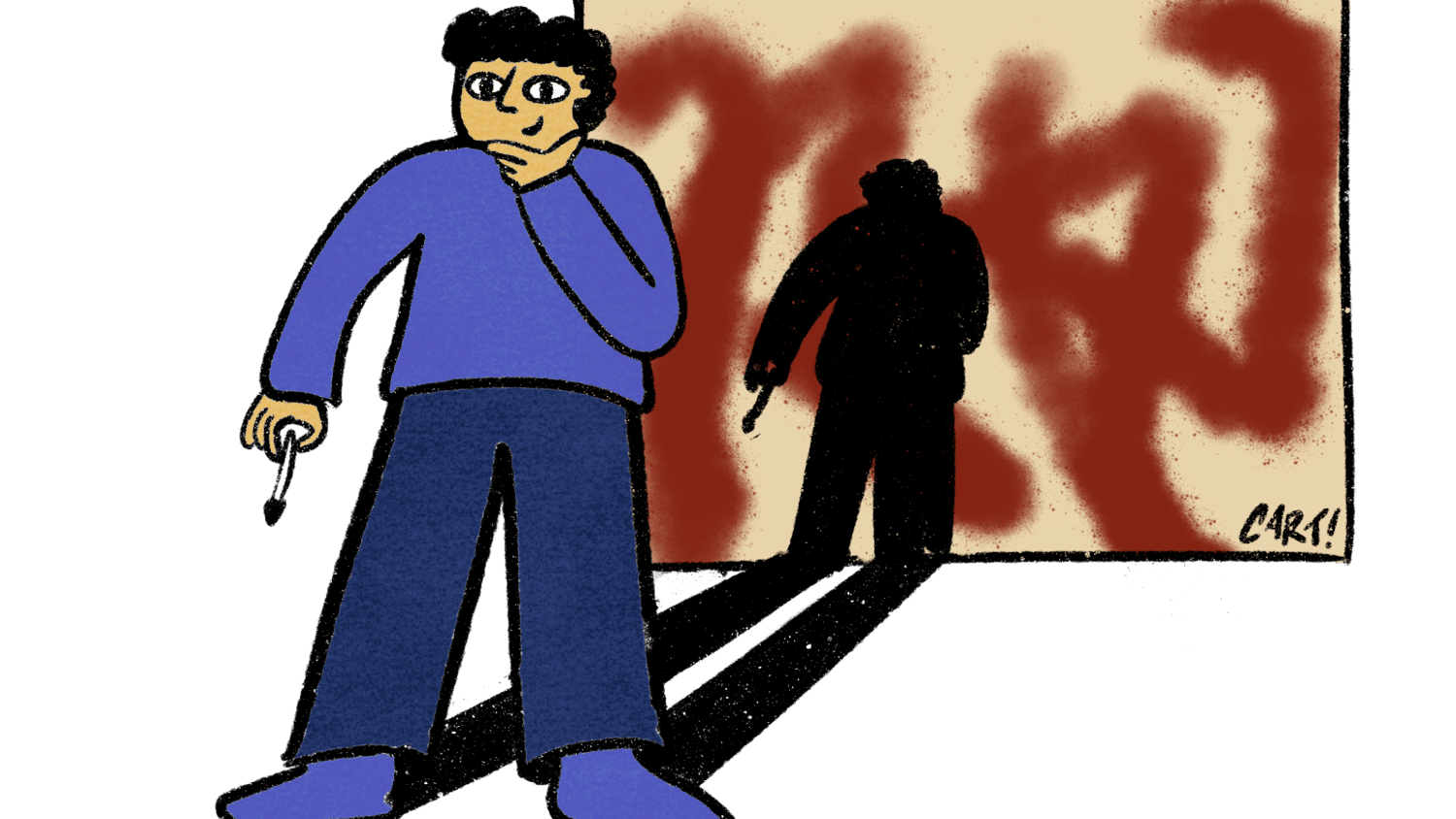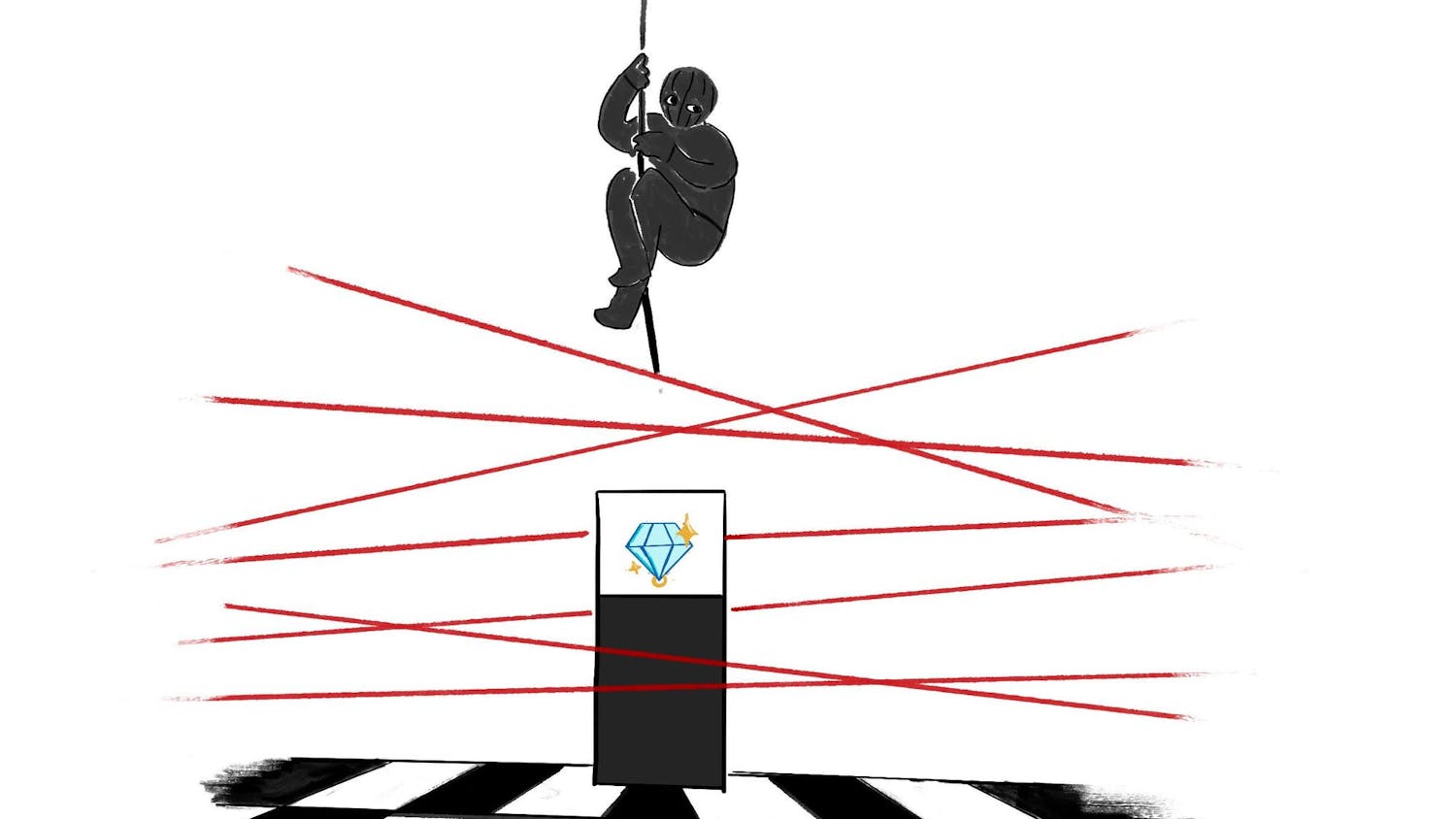How much do you weigh?
If you were to ask me that, I wouldn't have an answer. I have no idea. "Above 100? Below 200?"
Yeah, no clue.
If you were to ask me two years ago, I could tell you the exact pound and ounce. (123.5 lbs.)
Living with an eating disorder is hard. Trying to recover? Even worse.
I've been in recovery for around two and half years.
Recovery alone is no joke, but when you're surrounded by people obsessed with dieting, it feels impossible.
I started my journey into recovery after eight months of living in the loveliest village on the plains. It's lovely, don't get me wrong, and so are the people - men with rippled abs playing Frisbee on the concourse shirtless, girls with perky breasts and tiny waists running down Gay Street in spandex.
Yes, it's lovely, but it's a breeding ground for eating disorders. It gave mine the perfect place to flourish.
I can't tell you how many times I've heard people stressing out about calories, foolish little numbers. Calories are one of the most arbitrary units of data when it comes to the quality of food. After all, a Twinkie is 135 calories. An avocado is 289 calories. I think we both know which is better for you.
Variety is what matters; getting all of your food groups and nutrients are what matters. Liking what you eat is what matters.
There have also been way too many times that I've heard someone bemoan a type of exercise because it doesn't burn enough calories.
Fun fact: exercise is not solely about burning calories. It's about keeping your body healthy. It's about rewarding yourself with endorphins. It's about reaching limits you never thought possible.
It's been months since I've exercised with the intent of burning calories. I exercise because I want to strengthen my body. I want to experience this amazing body in action.
Our bodies are so amazing --- mine has survived a car accident, falling off a 17 foot balcony and five years of an eating disorder. The fact that our society has glamorized and encourages women to drink juice when they want to eat a sandwich, or men to lift extremely heavy objects when they'd rather do yoga, makes me sick.
1 in 5 women suffer or have suffered from an eating disorder. The statistic is lower for men - 1 in 10 - but still far too high for comfort. I can't imagine the numbers for people with disordered eating.
I understand that the United States is fighting an obesity epidemic. That doesn't mean we should fight it with logic that sends people to the hospital on the verge of death.
I've been purge free for more than two years. I haven't weighed myself in almost a year. I drink whole milk every day (and so does my nutritionist!), because I know I get more health benefits from the fat than I'd receive from skim milk, or white-colored water.
I didn't get to this state listening to preachers of calorie counting or reading magazine articles telling me "how to up my post-workout calorie burn."
That's how I found myself existing on 500 calories, the ache in my stomach sometimes comparable to broken ribs. (I've had broken ribs, so I know the pain.)
My body image still sucks sometimes, I won't lie. But, I know I am so much healthier now than I ever was when I knew my weight or my exact calorie count or how many calories an hour of running burned.
Being healthy isn't about losing weight or cutting out calories or food groups or whatever. It's about gaining nutrients your body's probably been lacking, awareness of your body and a love for what it can do.
Being healthy is about gaining an appreciation for yourself, body and soul.
If you think you might have a problem, contact Student Counseling Services at 334-844-5123. I did, and it's one of the best decisions I ever made.
Rachel Davis is a community writer at The Plainsman. She can be reached at community@theplainsman.com
Do you like this story? The Plainsman doesn't accept money from tuition or student fees, and we don't charge a subscription fee. But you can donate to support The Plainsman.





